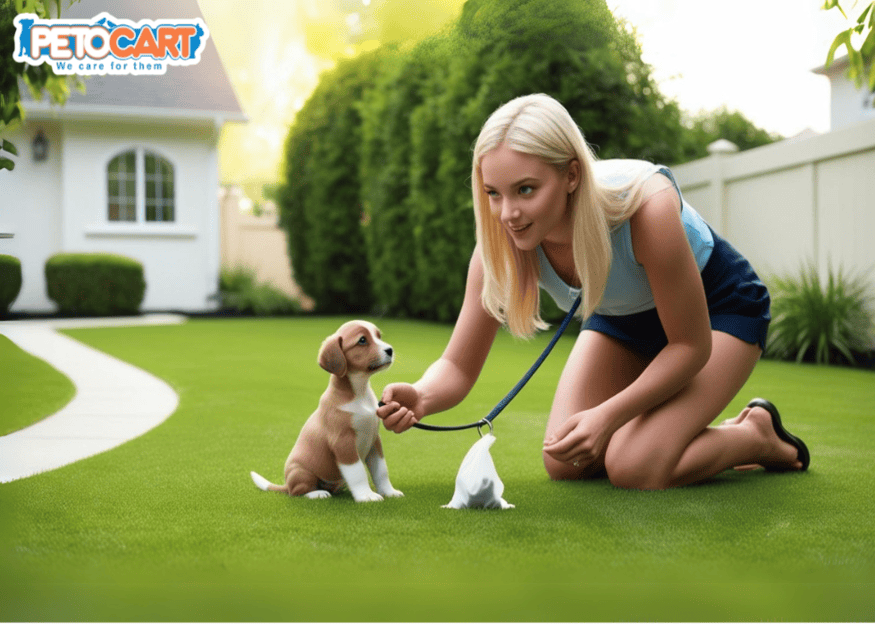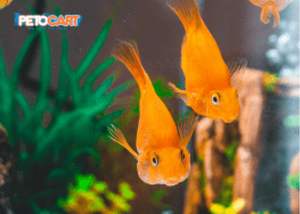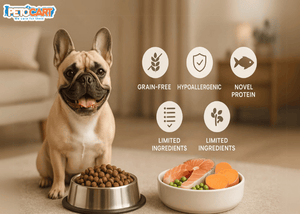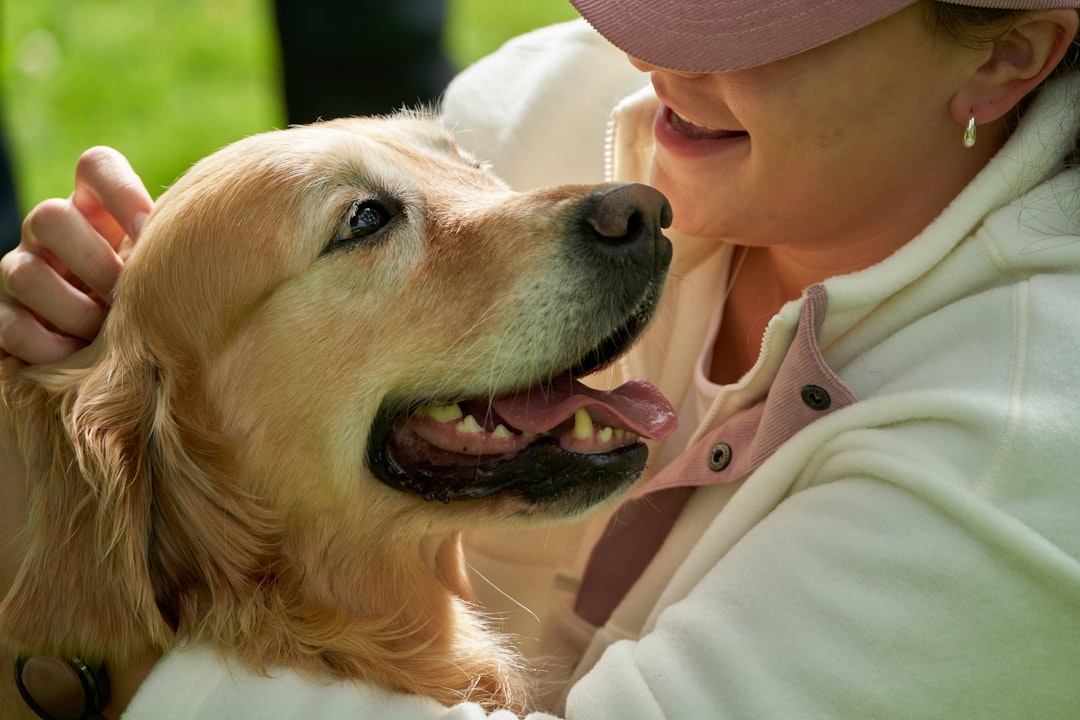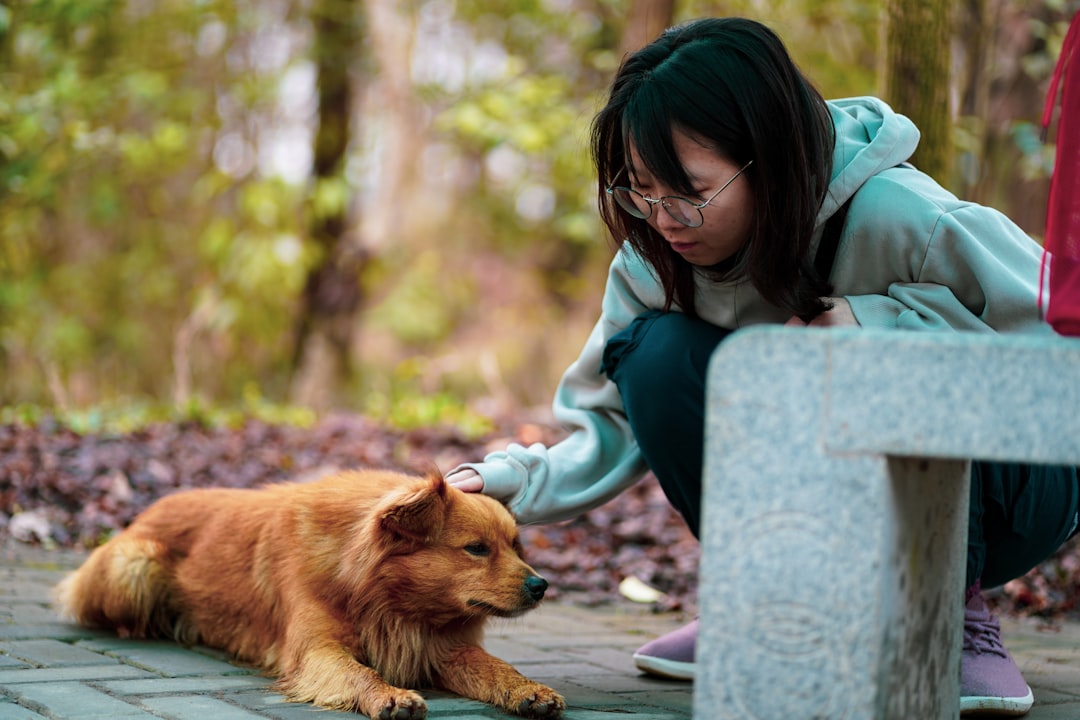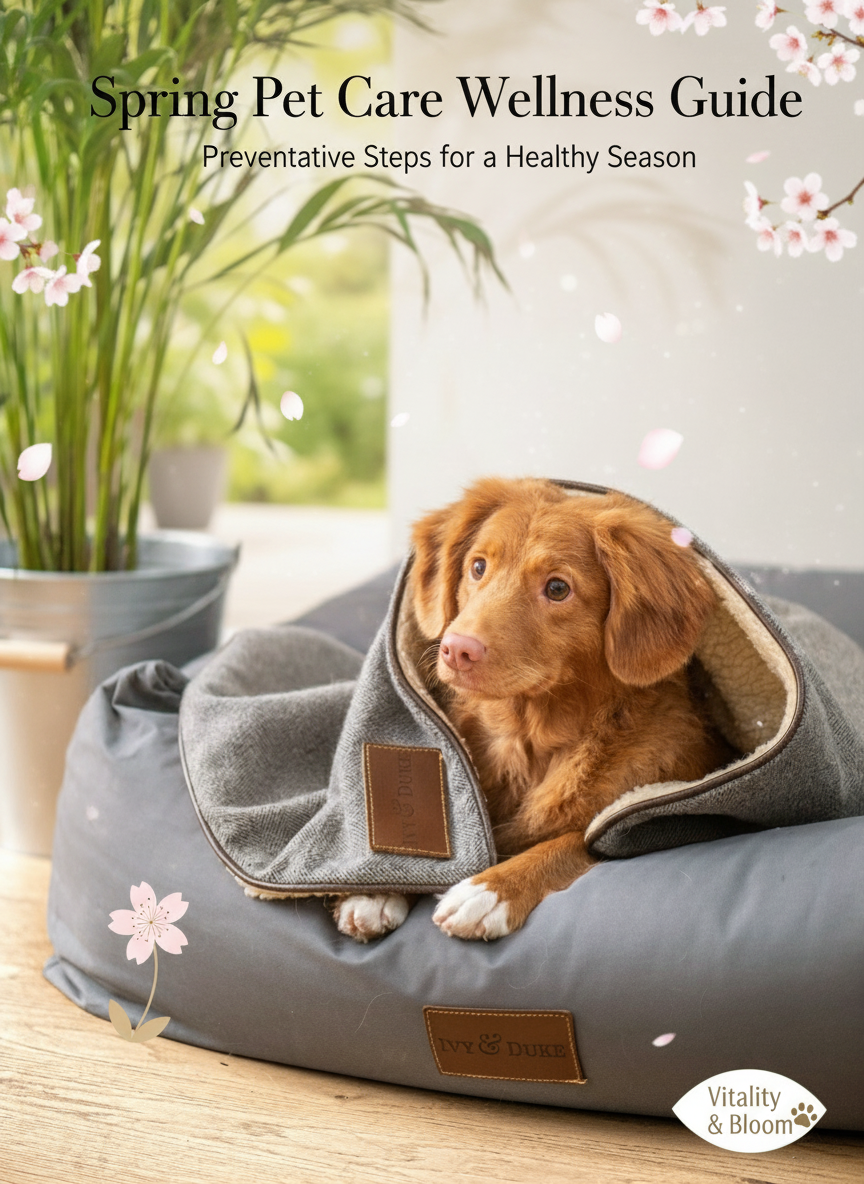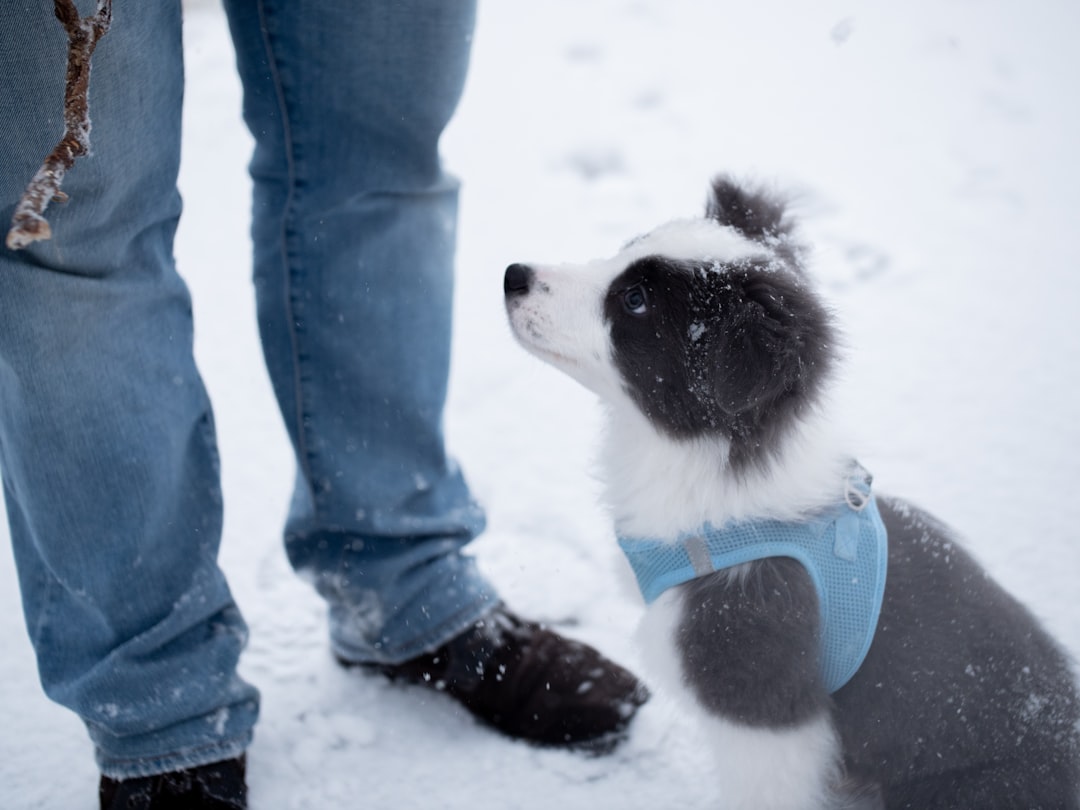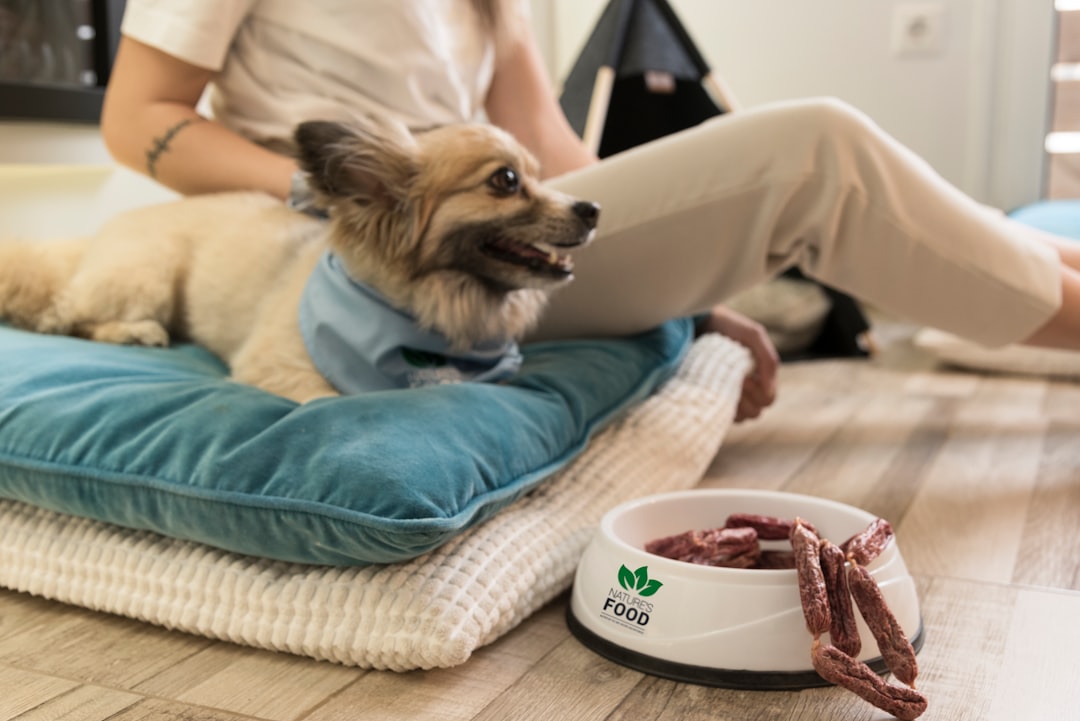Welcoming a puppy into your life is an exciting journey—but it also comes with questions, especially about bathroom habits. One of the most common concerns new pet parents face is: how often do puppies need to poop? It’s a simple question with a surprisingly detailed answer, as a puppy’s poop schedule can vary based on age, diet, activity level, and more.
Understanding your pup’s digestive patterns isn’t just about avoiding accidents. It plays a key role in housetraining, tracking their health, and preventing unnecessary messes. In this guide, we’ll break down everything you need to know about how frequently puppies should poop, what normal poop looks like, and how to manage common potty challenges during those early stages.
Why Puppies Poop More Frequently
Puppies have smaller digestive systems and much faster metabolisms than adult dogs. As a result, they digest and eliminate food more quickly—leading to more frequent pooping. It's not unusual for young pups to poop 4 to 6 times per day, especially during their early weeks.
That high frequency is completely normal, particularly for puppies transitioning to solid foods or adjusting to a new feeding schedule. Their bodies are still learning how to break down different nutrients, so frequent output is just part of the process.
To support healthy digestion, it’s important to feed them high-quality puppies food that’s formulated for their age and breed. This helps regulate bowel movements and encourages firmer, healthier stools.
How Often Do Puppies Poop at Each Stage?
Here’s a breakdown of typical puppy poop frequency based on age:
-
2–4 weeks old: Often pooping after every feeding (6–8 times/day)
-
8 weeks old: Around 4–5 times daily
-
3–6 months old: Roughly 3–4 times per day
-
6–12 months old: Usually 2–3 times, aligning closer to adult dogs
If you're wondering specifically how often do puppies poop at 8 weeks, know that it’s one of the highest-output stages. They’re just starting to settle into a mealtime and potty rhythm, and their digestive system is still maturing.
Frequent, predictable potty breaks during this stage are essential for housetraining success. Many owners find it helpful to set alarms or use a puppy potty schedule to track when to take them outside.
Factors That Influence How Often Puppies Poop
Several other factors influence your puppy’s bathroom schedule, including:
1. Diet and Meal Timing
The quality and timing of your pup’s meals directly impact their poop frequency. Feeding them at regular intervals helps establish a predictable routine. Sudden dietary changes or feeding too many treats can cause irregular pooping or digestive upset.
If your puppy’s poop varies in consistency, make sure their diet is appropriate and avoid unnecessary treats or scraps from the table.
2. Exercise and Activity Levels
Active puppies tend to have more regular bathroom habits. Movement stimulates the digestive tract, making it more likely for your puppy to poop shortly after playtime or a walk. If they’ve just been running around or wrestling with toys, keep an eye out for the telltale signs.
To reduce indoor accidents while your pup is still learning, especially for males, consider using puppy diapers for male poop. They offer convenience and peace of mind, especially in apartments or carpeted areas.
What Does Normal Puppy Poop Look Like?
Poop quality is just as important as frequency. Healthy puppy poop should be:
-
Medium to firm in texture
-
Chocolate-brown in color
-
Smooth and log-shaped
-
Passed without straining
Changes in consistency, color, or smell could be signs of diet issues, parasites, or infections. For instance:
-
Runny stool may signal overfeeding or stress
-
Hard, dry stool could indicate dehydration
-
Yellow, black, or bloody stool may require a vet visit
To prevent repeated indoor accidents, always clean up thoroughly with dog safe cleaning products designed to eliminate odors and residue. This ensures your puppy won’t return to the same spot due to lingering scents.
Do Puppies Poop Right After Eating?
Most puppies will poop within 5 to 30 minutes after eating. This is due to the gastrocolic reflex, which causes the colon to contract shortly after meals. Establishing a consistent feeding and walking schedule can help reinforce this behavior and improve potty training results.
If you feed your puppy at the same times every day, you’ll notice a pattern start to form. For example, if they eat breakfast at 8 AM, they may consistently need to poop around 8:15 or 8:30 AM.
Scheduling walks or potty breaks shortly after meals is one of the best ways to prevent accidents indoors and reinforce good habits.
What If My Puppy Poops Too Much or Too Little?
While frequency varies, most puppies poop at least three times per day. If your puppy is pooping significantly more or less than that, keep an eye out for other symptoms like:
-
Lethargy
-
Diarrhea or constipation
-
Loss of appetite
-
Straining or whining during bowel movements
These could signal underlying issues such as dietary intolerance, stress, or even parasitic infections.
It’s also wise to have essentials on hand for walks and outdoor time. Durable dog poop bags rolls make cleanup quick, easy, and sanitary—especially when you're on the go.
Can Diet Help Regulate Puppy Poop Frequency?
Absolutely. Feeding a consistent, balanced diet suited for your puppy’s age and breed can greatly improve stool consistency and reduce accidents. Stick with vet-recommended formulas, and avoid switching foods frequently.
For pups with sensitive stomachs or frequent digestive upsets, it's helpful to explore supportive dog products like probiotics or gentle dental chews, which promote healthy digestion and reduce stress-induced bathroom changes.
Essential Tips for Managing Puppy Poop Routine
Training a puppy to poop at regular times isn’t just possible—it’s practical. Here are a few effective strategies:
-
Set a schedule: Feed your puppy at the same times daily and take them outside right after meals.
-
Watch for cues: Sniffing, circling, or restlessness are signs they need to go.
-
Reward immediately: Positive reinforcement right after pooping outdoors helps reinforce behavior.
-
Limit free roaming: Crate training helps prevent accidents and teaches control.
-
Clean properly: Use pet-safe cleaners that remove both stain and scent.
With time and consistency, your puppy will adapt to a predictable bathroom routine. Be patient—every pup learns at their own pace.
Final Thoughts
Understanding how often puppies need to poop is key to setting a healthy foundation for housetraining and long-term well-being. While the frequency may feel overwhelming at first, it’s entirely normal for growing pups to poop several times a day. Pay attention to their diet, activity level, and daily patterns to help them develop good bathroom habits. With consistency, care, and the right tools, your puppy will soon become a pro at pooping in the right place at the right time.

